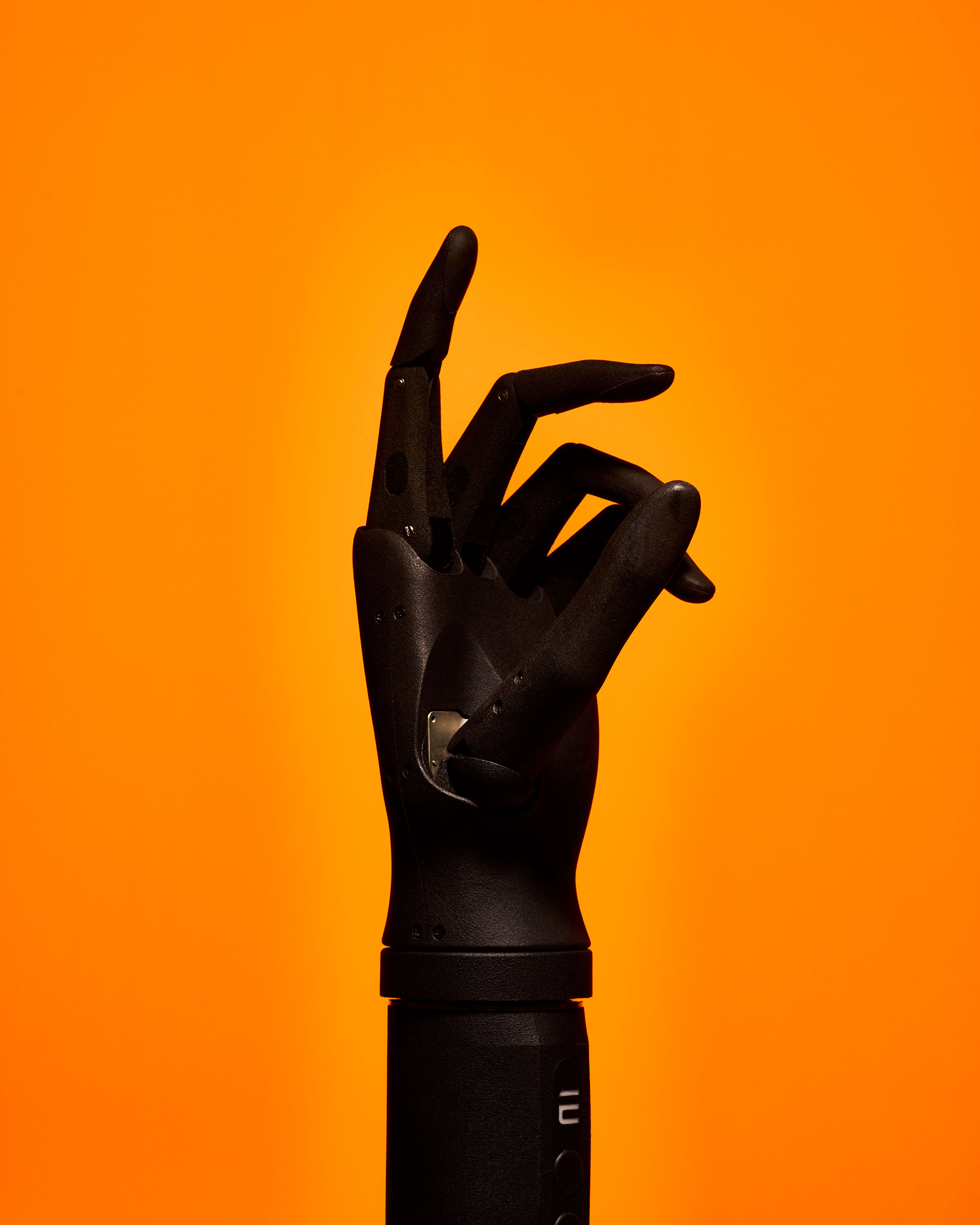These are independent reviews of the products mentioned, but TIME receives a commission when purchases are made through affiliate links at no additional cost to the purchaser.
Capitalizing on advances in artificial intelligence and digital signal processing, Esper Bionics’ prosthetic hand is the first AI-powered, cloud-based robotic prosthetic that gets smarter over time. The lightweight device has up to 24 wearable sensors that detect and process muscle activity and brain impulses; machine learning from Esper’s platform enables the hand to act more “intuitively” over time. Esper Bionics CEO and co-founder Dima Gazda, a medical doctor and engineer, sees the prosthetic market as ripe for disruption—and setting the stage for a bionic future. “The most important technology developed in the next 30 years will be electronics inside the human body,” he says
Preorder Now: Esper Hand

Sergiy Barchuk for TIME
More Must-Reads From TIME
- The 100 Most Influential People of 2024
- Coco Gauff Is Playing for Herself Now
- Scenes From Pro-Palestinian Encampments Across U.S. Universities
- 6 Compliments That Land Every Time
- If You're Dating Right Now, You're Brave: Column
- The AI That Could Heal a Divided Internet
- Fallout Is a Brilliant Model for the Future of Video Game Adaptations
- Want Weekly Recs on What to Watch, Read, and More? Sign Up for Worth Your Time